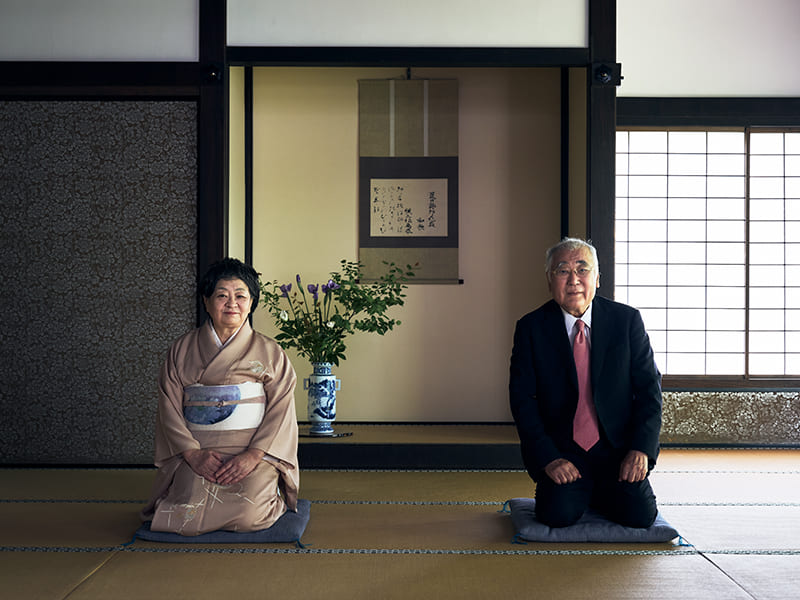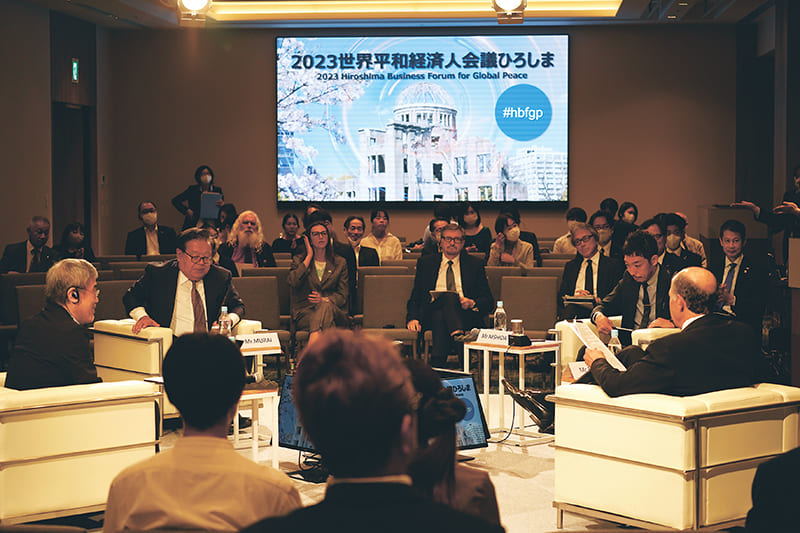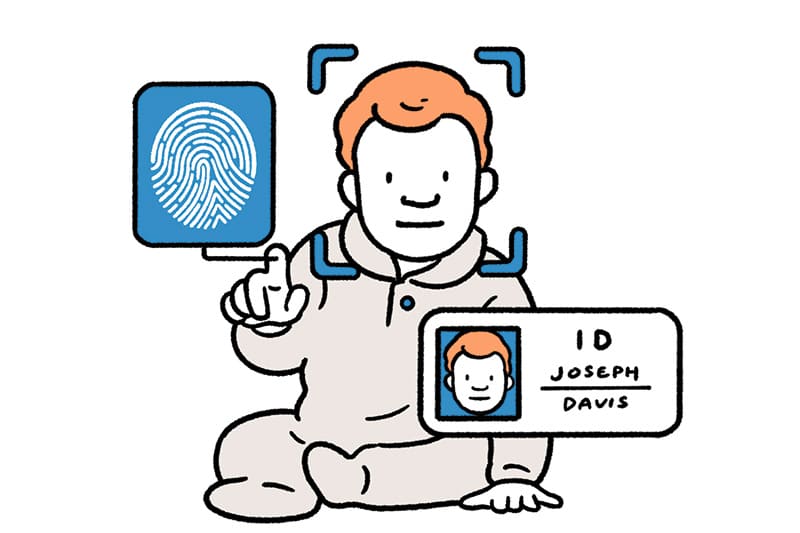February 22, 2024
The social entrepreneur who speaks for the young
SOCIAL ACTIVIST

COURTESY: ANJU ISHIYAMA
Japan’s economic decline continues unabated. The nation’s GDP ranks fourth in the world, but in terms of per capita GDP announced by the IMF last October, Japan ranks 34th — last among the Group of Seven nations. The three “lost decades” that followed the bursting of the bubble economy in the early 1990s are still ongoing, and while the recent depreciation of the yen may be a boon for foreign residents and visitors, for the Japanese it means prices continue to rise while wages remain stagnant, casting clouds over the future, especially for the younger generation.
Ever since the computer revolution began, heralded by the arrival of Windows 95 in the mid-1990s, social mechanisms, industries and lifestyles have changed at an ever-increasing pace. Perhaps one of the reasons why Japan lags behind others is because so little innovation is born here now.
And why is that the case? Some say it is because Japanese are unable to change their mindsets, that they are stuck in old ways of thinking, wedded to their former glories. This is exacerbated by declining birthrates and the aging of the population, which mean that with each passing year the proportion of elderly voters increases. As a result, a phenomenon known as “silver democracy” has emerged, where policies and systems favoring the elderly are prioritized while reform and change are postponed.
But there is one person working relentlessly so that the voices of the young will be heard: Anju Ishiyama. A regular face in expert and review committees run by various ministries and agencies — including the Ministry of Internal Affairs and Communications; the Ministry of Health, Labor and Welfare; the Ministry of Economy, Trade and Industry; and the Ministry of Land, Infrastructure, Transport and Tourism — Ishiyama has become a conduit between the public and private sectors to promote deregulation and policy development.
What she proposes is a new form of society through the “sharing economy.” Services in the sharing economy include minpaku private lodgings, ride-sharing, car-sharing and crowdfunding. In place of the business-centric notions of business-to-business (B2B) and business-to-consumer (B2C) transactions, she talks of a new mechanism at work: consumer-to-consumer (C2C).
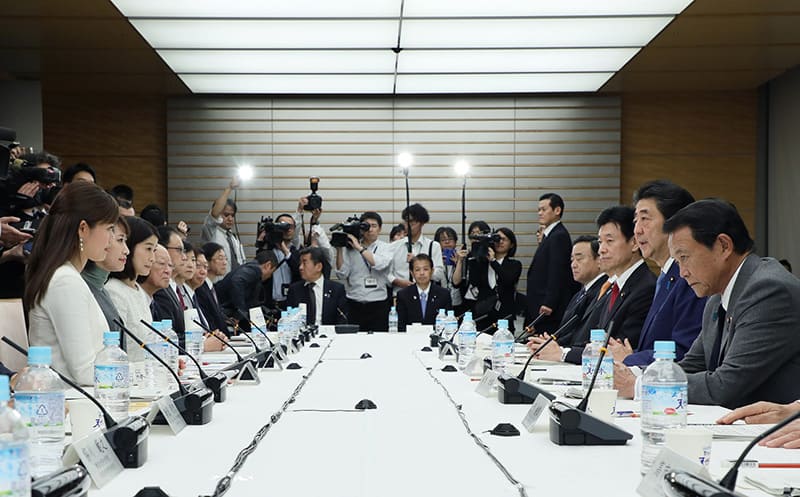
COURTESY: ANJU ISHIYAMA
“When entrepreneurs innovate or start new businesses, those new business models often require legislation or deregulation,” she said. “As a committee member representing an industry association or a company, I work to improve policy and laws through advocacy and other activities. In 2018, we launched an incorporated association called the Japan Association of Public Meets Innovation. We started a school to foster the next generation of lawmakers and a think tank to promote the opinions of the under-40s, predominantly Generation Z.”
One of the government jobs she does is as a “sharing-economy evangelist” for the Digital Agency.
“This is part of what the government refers to as the ‘sharing city,’ an initiative to solve regional issues, especially in regional cities, by taking advantage of the sharing economy and technology. For example, utilizing vacant houses — we could create a system that directs idle assets such as vacant houses to private lodging or increases the ‘indirect’ nonresident population of an area,” she said. A similar system could “encourage the use of electric vehicles by local governments or provide EV-sharing for residents. When it comes to EVs, their adoption tends to be slow, especially in regional cities, but by encouraging residents to use them via car-sharing, we can encourage their use.”
Japan ranked 125th out of 146 countries in the World Economic Forum’s Global Gender Gap index last year, its lowest ranking since the list was first released in 2006. Japan particularly lags in terms of female participation in the political and economic arenas.
“I think the Japanese view of the family has a big influence on this. Think about ‘Sazae-san,’” a popular TV cartoon aired since 1969 that depicts three generations of a family, with the men all working and the women all housewives. “Although the reality is that the family model in which women stay at home and support their husbands has now changed, it is still seen as being closely associated with and having supported Japan’s period of high economic growth. I myself run a ‘share house,’ in which I live with what is called an ‘extended family,’ which is a family that is not based on blood relations.
“At my think tank, we conducted interviews with 100 young people. And we are now proposing new kinds of social systems, for example to support couples using different surnames or those in same-sex marriages. We call it ‘family innovation.’”
As wide-ranging efforts to bridge Japan’s generation gap ramp up, Anju Ishiyama’s name will be one to watch.
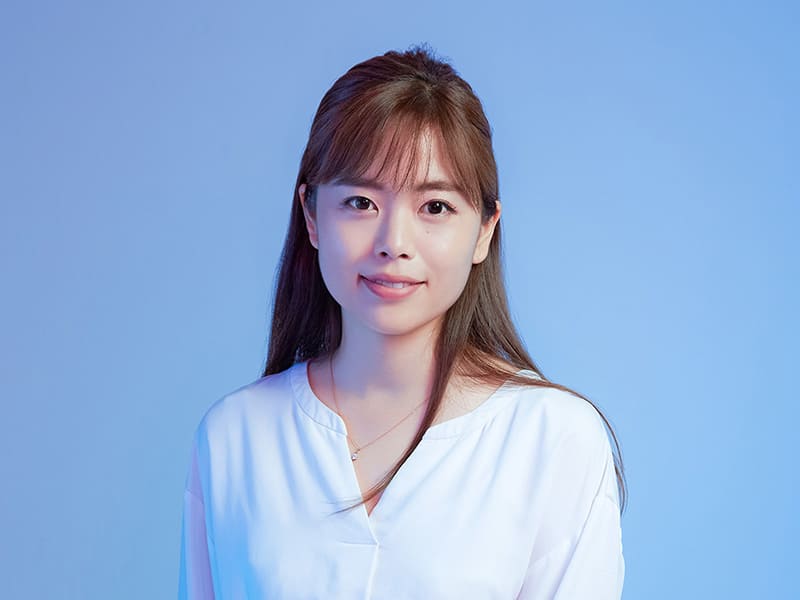
ANJU ISHIYAMA
Born in 1989, Ishiyama is the director of the Japan Association of Public Meets Innovation and representative director of the Sharing Economy Association. She is also an activist advocating for social change based on the principles of the sharing economy. She is a “sharing-economy evangelist” with the Digital Agency and a member of the World Economic Forum’s Global Future Council Japan.
Z世代・ミレニアル世代の声を代弁する社会起業家。
日本の没落が止まらない。IMFが2023年に発表した一人当たりのGDPは、日本は世界34位で、G7の中で最下位だ。バブル経済崩壊以降の“失われた30年”は現在進行形で、賃金が上がらないなかで物価上昇だけが続き、特に若い世代にとって、将来の生活の不安材料になっている。日本が出遅れている要因のひとつは、日本でイノベーションが生まれなかったからで、日本人が意識改革できず、古い考え方や過去の成功体験にとらわれているからともいえる。少子化・高齢化が世界でもっとも進む日本では、有権者に占める高齢者の割合は年々増え、投票率も高い。ゆえに政策や制度が高齢者優先になりがちで、改革や変革は後回しになる傾向がある。
そのような中で若年層の声を国へ届けるべく活動する人物がいる。それが石山アンジュだ。様々な省庁での検討会の委員としての公職を務め、政府と民間のパイプ役として規制緩和や政策推進の仕事をしている。その彼女が提唱するのが「シェアリング・エコノミー」を通じた、新しい社会のあり方だ。
Return to Sustainable Japan Magazine Vol. 33 article list page



